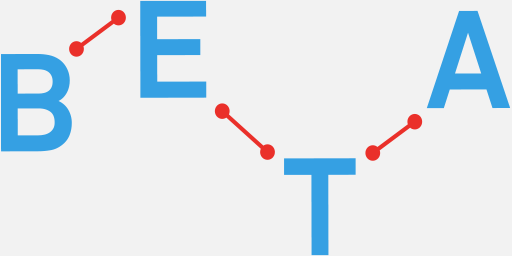
“Every part of this course was useful.”
IMPRS, Max Planck Institute in Molecular Physiology, Dortmund, June 2018
“I really liked that there were so many opportunities to speak in front of an audience and to get so much practice.”
GRK1600 “Key signals of adaptive immune response”, Friedrich-Alexander University, Erlangen, July 2018
“The individual feedback was very honest and every individual received valuable criticism. It was highly personalized and greatly encouraging.”
IMPRS, Max Planck Institute in Molecular Physiology, Dortmund, June 2018
“I never realised there were so many nuances to presentation skills.”
IMPRS, Max Planck Institute in Molecular Physiology, Dortmund, June 2018
“The smaller things that we usually take for granted make a huge difference to our presentations.”
IMPRS, Max Planck Institute in Molecular Physiology, Dortmund, June 2018
“The facilitator was amazing, very knowledgeable and really engaged the students.”
IMPRS, Max Planck Institute in Molecular Physiology, Dortmund, June 2018
“I enjoyed the course a lot and even lost my fear of speaking in front of people!”
GRK1600 “Key signals of adaptive immune response”, Friedrich-Alexander University, Erlangen, July 2018
“I really learned a lot.”
GRK1600 “Key signals of adaptive immune response”, Friedrich-Alexander University, Erlangen, July 2018
“Not only did I get new input about how to give a nice presentation, I also had a lot of fun. Thank you!”
GRK1600 “Key signals of adaptive immune response”, Friedrich-Alexander University, Erlangen, July 2018
“This course was even more useful than I was expecting, and I was expecting a lot.”
IMPRS, Max Planck Institute in Molecular Physiology, Dortmund, June 2018
Presentation
Skills
Training
Presentations represent a unique opportunity to share research, gain immediate feedback and make valuable contacts. However, many non-native English speakers shrink from delivering a presentation in a second language. Some are concerned about language accuracy or dread the unpredictable question and answer session. Others are unfamiliar with the structure that should underpin such presentations or are unaware of key delivery techniques. BETA training addresses these concerns and provides participants with extensive guided practice to build their confidence and improve their presentation skills.
- Strong focus on delivery as well as content
- Numerous opportunities for practise
- Extensive individual feedback



Each course consists of two essential components, one focusing on the underlying structure of a presentation and the other on delivery. The precise content will vary according to individual requirements, but a typical example is shown below.
Course content for a workshop for medical students in presenting at an international conference
Structural component:
- Defining your purpose
- Knowing your audience
- Making a strong opening
- Selecting key points
- Closing effectively
Delivery component:
- Making effective use of the voice
- Adopting confident body language
- Using language to influence your audience
- Thinking on your feet
- Dealing with difficult questions


Workshops typically consist of ten 90-minute units, although this can be modified according to individual requirements. Whilst the format is flexible, two options have proved popular:
Standard:
The standard format consists of two 90-minute units per day over five days (e.g. Monday to Friday, 09:00-12:15). This provides the maximum opportunity for participants to practise their delivery in the afternoons, maximising individual progress.
Intensive:
The intensive format comprises two full days (e.g. 09:00-16:30) and one half day (e.g. 09:00-12:15). This very intensive option may be appropriate for those who have limited time available. It should be noted that this option means that opportunities for practice are more limited.
